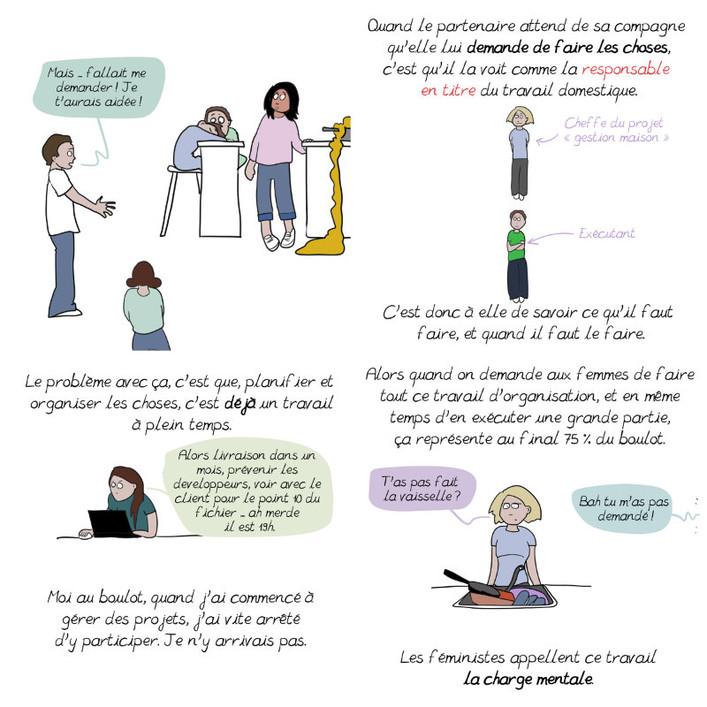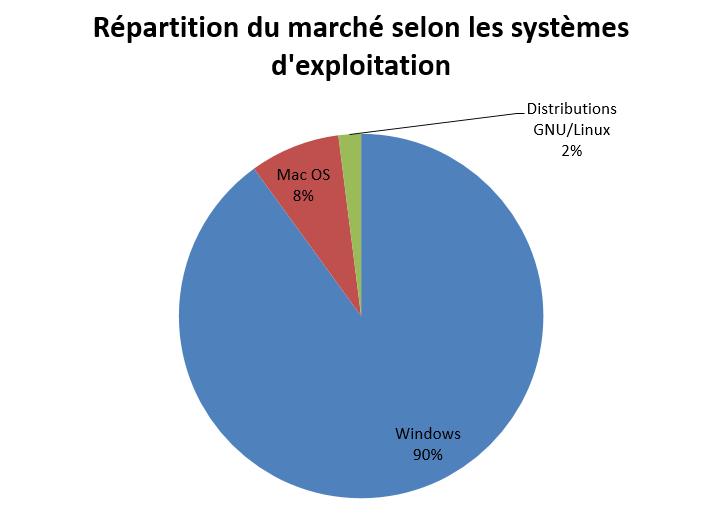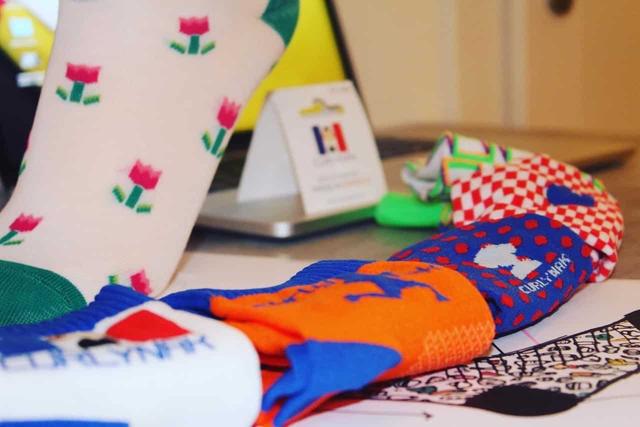The mental charge of women increases the risk of burn out working conditions
It’s a scene from everyday life that designer Emma crunched in her new comic strip "had to ask".The woman, mother, takes care of preparing the meal, washing the laundry, giving food for children, washing dishes ... material activities that she has planned and organized during her day of work.This is what the designer calls the "mental charge".
This concept has been creating buzz for a few days on social networks.The boards published by the designer on her Facebook page have been shared more than 210,000 times since their publication.A resounding success because revealing a phenomenon which had not, until then, been named."Thanks.Whenever I told my companion that I was the only one to clean up, he replied "I had to ask me".I now understand why it annoyed me so much, "comments a reader.
"Too many multitasking kills the brain"

This mental charge is added to the double day of work of mothers.On average, according to the latest INSEE report, women spend 1h34 daily taking care of children, against 43 minutes for men.They also devote, every day, 3:13 am to household chores against 1h12 for men.An uneven distribution that slows them into access to employment but also in their professional career."It's pernicious because it is constantly occupied," said the blogger in the newspaper Le Monde, "it has an impact on sleep.At work, it is more difficult to concentrate ".
"Imagine a woman working, at least 8 hours a day, who, in addition, is planning her second working day.There is never a mental and physical break.The risk is Burnt Out, "says Sandra Frey.But "in some cases, depending on the articulation of times, this characteristic of being multi-tasin can be positive," adds the psychosociologist.An observation made by the HRD of a large French insurance group: "This habit of mental burden means that women are more able to manage several projects both in the professional framework".But in most cases "too many multi-fields, kills the brain", sums up Sandra Frey.
Marina Fabre, @fabre_marina







